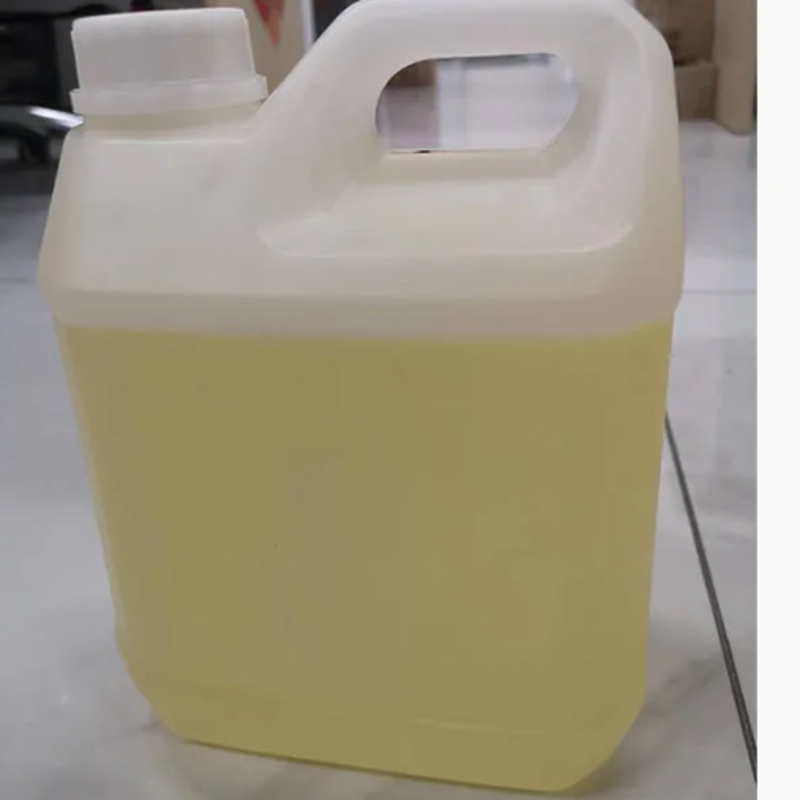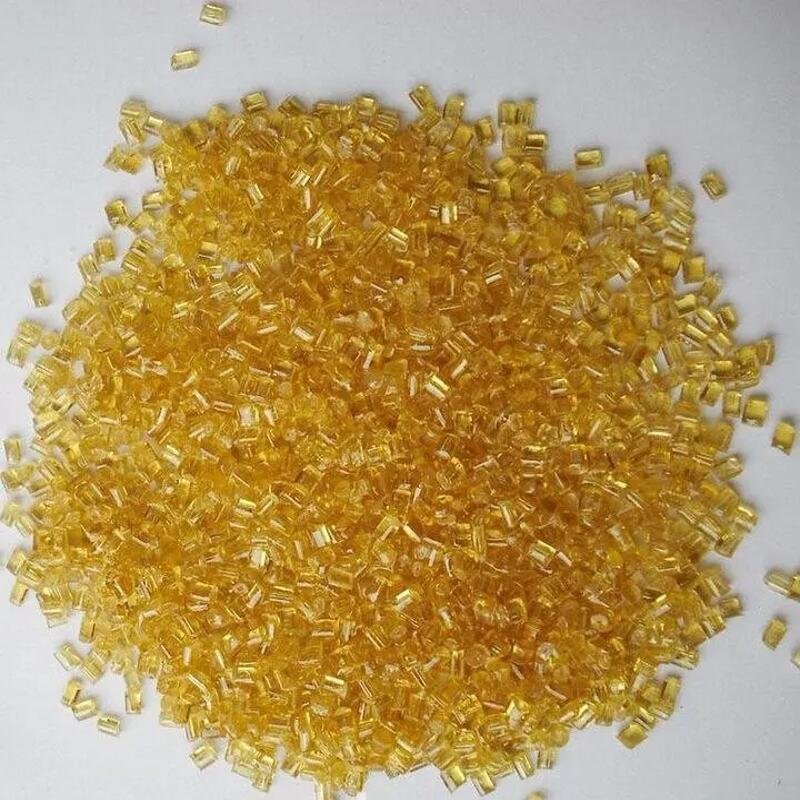-
Categories
-
Pharmaceutical Intermediates
-
Active Pharmaceutical Ingredients
-
Food Additives
- Industrial Coatings
- Agrochemicals
- Dyes and Pigments
- Surfactant
- Flavors and Fragrances
- Chemical Reagents
- Catalyst and Auxiliary
- Natural Products
- Inorganic Chemistry
-
Organic Chemistry
-
Biochemical Engineering
- Analytical Chemistry
-
Cosmetic Ingredient
- Water Treatment Chemical
-
Pharmaceutical Intermediates
Promotion
ECHEMI Mall
Wholesale
Weekly Price
Exhibition
News
-
Trade Service
● BASF provides solutions for sustainable mobility and agriculture
● Innovative chemical processes and products help reduce carbon dioxide emissions
With innovative processes and products, the chemical industry makes an important contribution to reducing greenhouse gas emissions
.
BASF's R&D personnel work tirelessly to drive the transformation towards sustainable development
.
Today, Dr.
Melanie Maas-Brunner, Member of the Executive Board and Chief Technology Officer of BASF Europe, and BASF scientists presented BASF’s innovations in transportation and agriculture at a R&D press conference, including Innovative coolants for electric vehicles and new application technologies for precision agriculture
.
Dr.
Ma Lanli said: "Sustainable development begins with R&D
.
" BASF is committed to sustainable development, with a unique R&D layout and more than 10,000 R&D personnel worldwide
.
“In order to meet the challenges of the sustainable development transformation faster and achieve long-term success, we must get closer to our customers and leverage our global expertise in Verbund,” added Dr.
Lanli Ma
.
To this end, the company will restructure its global research structure next year
.
Among the current three major research divisions in the world, the research activities directly related to the business divisions will be consolidated into the respective business divisions, so that these research activities will be closer to the needs of customers
.
At the same time, BASF has consolidated its research activities, which are distributed globally and serve several business units, into a new central research department
.
BASF has set itself ambitious sustainability goals
.
The company hopes to further accelerate the development of zero-carbon processes and the circular economy, as well as digital expansion
.
In addition, BASF is helping customers transform towards further sustainable development
.
In 2020, BASF's global R&D investment will be approximately 2 billion euros
.
Enhancing Electric Transportation Safety
Enhancing Electric Transportation SafetyIn the total global carbon dioxide emissions, the transportation sector accounts for a significant proportion
.
The transition to electric vehicles can reduce emissions
.
In order to achieve the goals, innovation is essential: for example, reducing charging time, increasing safety, and making the production process of electric vehicles more sustainable and efficient
.
Chemistry will play an important role
.
The chemicals in electric vehicles are far higher than in conventional internal combustion engine vehicles
.
This is because of changes in the powertrain system, and with it many car components
.
BASF's R&D team continues to develop innovative products for electric vehicles, including battery materials, high-performance plastics, modified coolants and new coatings
.
Plastics play an important role in improving the safety of electric vehicles
.
For example, plastics can help achieve smooth impact protection and safe transmission of electrical power, as well as thermally conductive adhesives and specified standard color codes for high voltage components and connectors
.
A new product in BASF's Glysantin® coolant range, called Glysantin® ElectrifiedTM, further enhances the safety of electric vehicles
.
The innovative formula used in this product allows it to have extremely low electrical conductivity
.
Even if the battery is damaged due to an accident or the like, this product will not react with battery parts with high voltage
.
At the same time, this product provides reliable corrosion protection for electric vehicle cooling systems
.
Using digital means, BASF researchers have launched a new generation of CathoGuard® e-coat electrocoat products, specially designed to meet the needs of e-mobility
.
This product can complete relevant application processes in a low temperature environment, reducing carbon dioxide emissions on the premise of ensuring product quality
.
In addition, the technology meets existing sustainability standards, is free of tin and harmful air pollutants, and is low in volatile organic compounds (VOCs)
.
Innovations in Sustainable Agriculture
Innovations in Sustainable AgricultureBASF's R&D is also actively providing solutions for sustainable agricultural development
.
Global growers are currently facing a number of major challenges: the global population is expected to reach 10 billion by 2050, which means that growers need to grow enough food to cope with the growing global population; Planting challenges; in addition, growers must implement safe and effective pest management in the face of increasing resistance, limited natural resources, and declining arable land
.
Therefore, innovation in agriculture is imminent, from seeds and traits to crop protection and digital applications
.
Wheat is one of the most important grains in the world, with an annual production of more than 770 million tons, so in the next few years, wheat production will have to increase significantly
.
However, crop failures caused by arable land constraints and climate change will make it difficult to achieve this goal
.
Through a globally-driven and locally-adapted breeding program, BASF helps wheat farmers achieve effective pest and disease management while improving yield and quality by developing new traits for hybrid wheat
.
BASF researchers selected the best plant traits from genetically distant parents by exploiting the genetic diversity in the main wheat-producing regions
.
In this way, BASF addresses the needs of growers and partners along the entire value chain for stable yields and better climate resilience
.
To optimize crop production, BASF has developed an intelligent crop model platform that provides precise farming recommendations based on continuous data analysis
.
The platform addresses economic, biological and sustainability parameters, providing growers with advice on digital farming operations, enabling them to achieve efficient and environmentally friendly crop cultivation
.
The platform data will be used in various products under the xarvio® Digital Agriculture Solutions umbrella
.
For example, in the Smart Spraying solution, developed in partnership with Bosch, data is paired with high-tech camera sensors and software to apply herbicides to weeds only where needed
.
Field trials have confirmed that this technology combination can save up to 70% of herbicide usage
.
This represents an important contribution to the protection of the environment, while also providing economic benefits to growers
.
Changes in research design—from sequential to parallel studies—also represent a way to pioneer sustainable innovation
.
In this way, products and applications are fully developed from the outset and their sustainability is taken into account at an early stage of development
.
BASF has thus successfully developed the new fungicide Revysol® in this way
.
This active ingredient, containing triazole chemicals, exhibits excellent biological performance against many fungal diseases while meeting the requirements for safe and environmentally friendly applications
.







